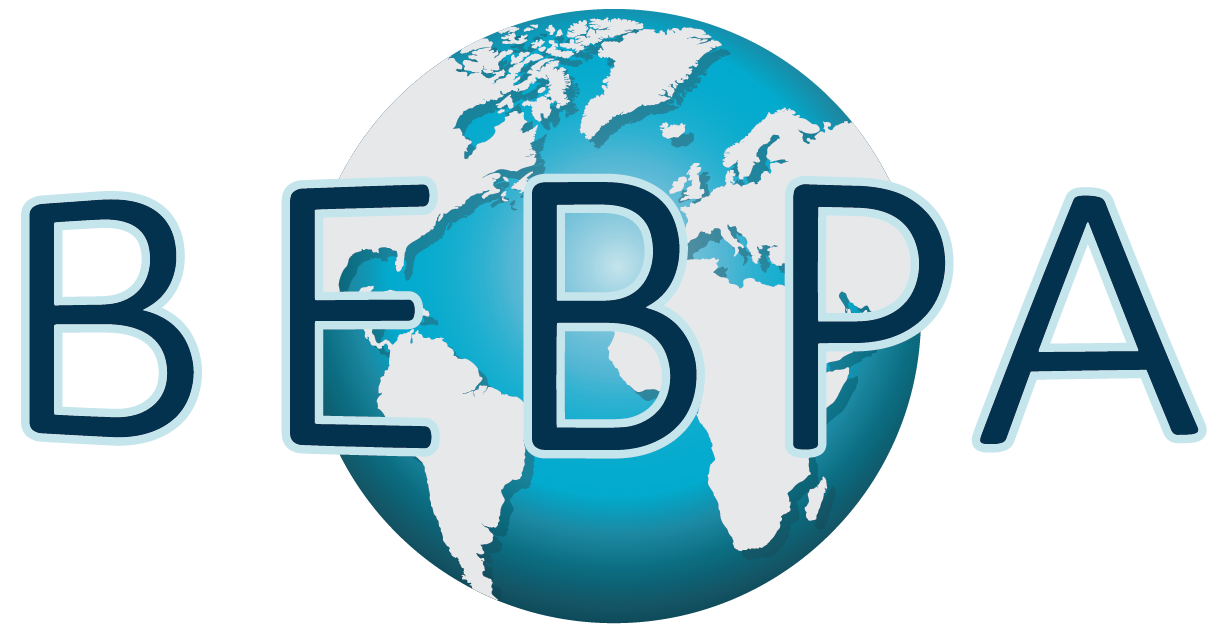BEBPA Blog
Tech Briefing: HCP ELISAs for Gene Therapy Products
Over the years we’ve heard more complaints about HCP ELISAs from gene and cell therapy folks than anyone else. Many of the developmental efforts have been performed in more academic or translational research environments, where the regulatory requirements of HCP analysis were not always front-and-center in the product development pathway. As a result, HCP analysis was often done late in the development process and was considered more of a check-the-box effort. Very few of these groups had the resources to develop their own HCP ELISA, so they relied on commercial kits. Many of these products are produced in HEK293 cell lines, and there are limited options for commercial HEK293 HCP ELISA kits. Thus, limited consumer choice has been another reason for the complaints. Compounding this, many in the gene therapy field are not aware of the limitations of using a commercial HCP ELISA kit. When the kit vendor changes reagent lots or does a wholesale change/upgrade of the kit, they are left wondering how to cope with HCP ELISA results that can change by as much as three-fold.
Underlying these issues is the fact that an HCP ELISA relies on being able to generate a null cell line that is a good model of the production cell line. Over the years, it has been demonstrated that expression of a recombinant protein does not alter the proteomics of a CHO cell very much; one can reasonably expect the HCPs harvested from a CHO null cell line to be representative of what the production cell line is making. But for cells producing adenovirus, adeno-associated virus, lentivirus, and oncolytic viruses, there can be significant changes in the proteome compared to a null cell line. This means the HCPs from the null cell line may be unable to generate antibodies that have good HCP coverage for the production cell line. Since there is limited consumer choice in HEK293 HCP ELISA kits, one can’t comparison-shop or mix-and-match ELISA kits to bracket the problem. Companies can try to grow null cells under multiple conditions, fractionate the HCPs multiple ways, and get creative in inoculating animals, but that still doesn’t guarantee an ELISA that will have a satisfactory HCP coverage for a production cell line. So, what should one do – muddle along with commercial kits, spend money and time on a process-specific ELISA that may not be any better, or should one consider relying more on mass spectrometry methods? There may not be a universal answer that solves these problems for every gene or cell therapy product, but progress is being made, and we have several speakers at the upcoming BEBPA 2024 HCP Conference that will share their experiences in this field.
Shilpa Suravajhala will discuss challenges of HCP analysis in lentiviral vector manufacturing processes.
Navigating the Challenges in Evaluation of Residual Host Cell Proteins in Lentiviral Vectors
Shilpa Suravajhala, Senior Scientist, bluebird bio, Inc.
Roman Drews will discuss control strategies for HCPs in lentiviral-based CAR-T products.
Control Strategy for Lentivirus Vector-derived HCPs Impuriy in CAR-T Final Drug Product
Roman Drews, Head of Regulatory Affairs, Arcellx, Inc.
Jianming Kang will review their progress in developing a platform HEK293 HCP ELISA for their AAV production processes.
HEK293 Total Host Cell Protein ELISA Development to Support AAV Gene Therapy Programs
Jianming Kang, Senior Scientist, Regeneron
Jonathan Bones will discuss the use of the new Orbitrap Astral LC-MS system for HCP analysis in HEK293 and Sf9 cells, as well as how the proteomics of HCP expression change during production.
HCP Profiling of mAbs and AAV Gene Therapy Vectors using Data Independent LC-MS/MS on Orbitrap Astral MS
Jonathan Bones, Principal Investigator and Director, NIBRT
Jonathan Bones will discuss the use of the new Orbitrap Astral LC-MS system for HCP analysis in HEK293 and Sf9 cells, as well as how the proteomics of HCP expression change during production.
HCP Profiling of mAbs and AAV Gene Therapy Vectors using Data Independent LC-MS/MS on Orbitrap Astral MS
Jonathan Bones, Principal Investigator and Director, NIBRT
These are just some of the topics and talks happening at this HCP meeting. Additional topics include:
- Regulatory Evaluation and Perspective of HCP Assays
- Developing ELISA Assays
- HCPs Impact Product Stability
- BioProcessing and Removal of HCPs
- USP HCP Projects: Updates
- Mass Spectrometry Analysis
- And many Case Studies
Click HERE to see all the topics being discussed.
This is the premier HCP meeting to attend where scientist gather to discuss best practices, happenings in the field and share war stories. Sign up today, before prices increase and space fills up. The conference is happening May 14-16, 2024 in College Park, Maryland. We look forward to seeing you there!
